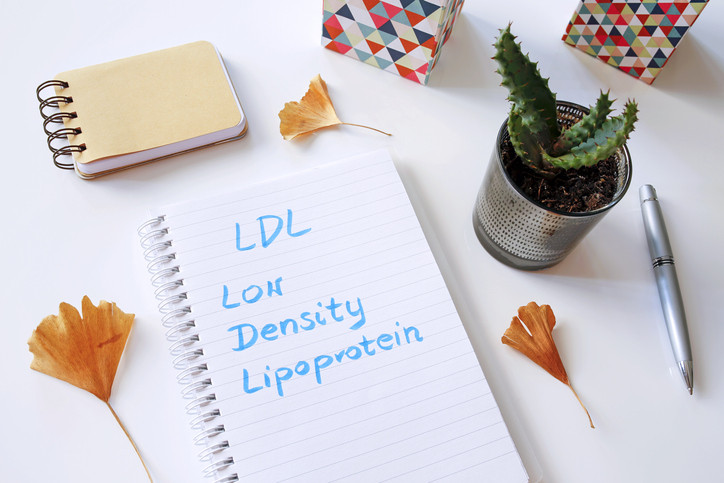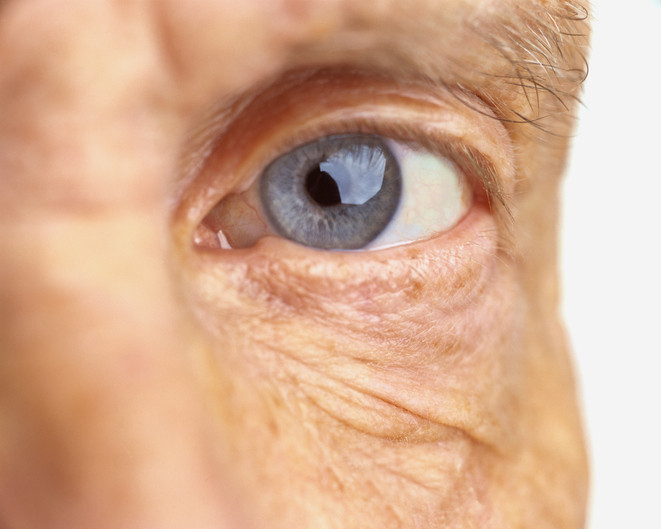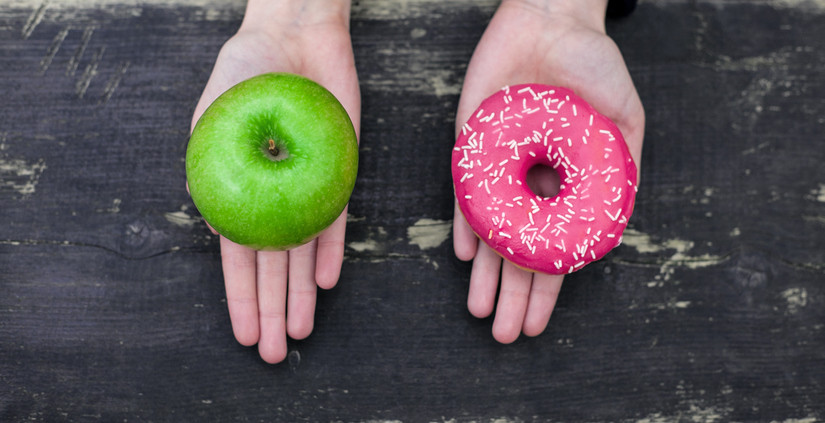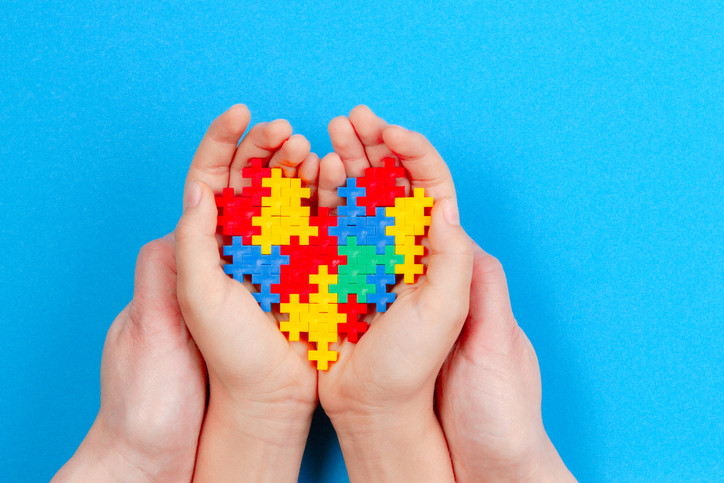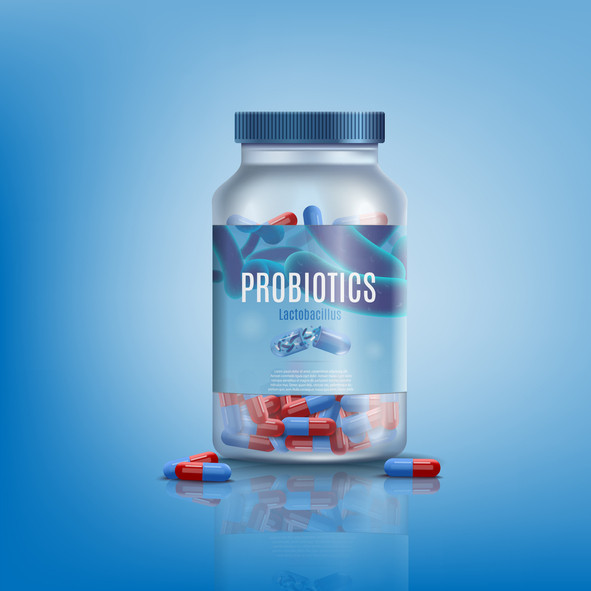
Counting steps is good — is combining steps and heart rate better?

Appendix pain: Could it be appendicitis?

Can saw palmetto treat an enlarged prostate?

How does Ozempic work? Understanding GLP-1s for diabetes, weight loss, and beyond

Zinc: What it does for the body, and the best food sources

Respiratory health harms often follow flooding: Taking these steps can help

Tips to leverage neuroplasticity to maintain cognitive fitness as you age

Can white noise really help you sleep better?

Celiac disease: Exploring four myths

What is prostatitis and how is it treated?
Harvard Health Blog
Read posts from experts at Harvard Health Publishing covering a variety of health topics and perspectives on medical news.
Articles
The hype on hyaluronic acid
A variety of beauty and skincare products now contain hyaluronic acid, a substance naturally found in the body that retains moisture. But what benefits do these products offer, and are they worth using?
What can you do to reduce the risk of birth defects?
Women who are hoping to become pregnant want to do everything they can to ensure that their babies will be as healthy as possible, which means following recommendations to minimize the possibility of birth defects.
Is your cell phone dangerous to your health?
Plenty of us use our phones in situations when we probably should be paying more attention. But how often does this behavior lead to actual injury? A data analysis offers some answers.
LDL cholesterol: How low can you (safely) go?
Lowering LDL cholesterol has been shown to lower risk of cardiovascular disease. Recent studies have suggested that more aggressive goals for LDL levels in people who already have CVD can decrease risk even further.
Menopause and insomnia: Could a low-GI diet help?
Researchers examining dietary data from over 50,000 postmenopausal women found that women who ate foods with a higher glycemic index, and foods with more added sugars, were more likely to have insomnia.
Diabetic retinopathy: Understanding diabetes-related eye disease and vision loss
Over seven million people have diabetic retinopathy, the most common form of vision loss in working-age adults with diabetes. It’s recommended that people with diabetes should work to keep blood pressure in the normal range and their A1c level below 7% to avoid complications such as diabetic retinopathy.
Coming clean: Your anesthesiologist needs to know about marijuana use before surgery
Regular marijuana users who need surgery should disclose their use ahead of the procedure, because of its effects on the body and on the anesthesia medications required for sedation.
What to do when your child swears
Even young children can surprise a parent with salty language. Regardless of where they first heard it, use the occasion to help your child learn appropriate behavior in and outside the home.
Are polypills and population-based treatment the next big things?
Vaccines for women: Before conception, during pregnancy, and after a birth
What are ultra-processed foods and are they bad for our health?
Health advice tells us to eat less processed food, but what does that mean? Researchers compared diets with most of the calories from unprocessed foods and from ultra-processed foods, to see how the subjects were affected.
Harvard Health Ad Watch: When marketing puts your health at risk
What parents need to know about a vegan diet
Vestibular migraine: Progress in the search for treatments
A sense of dizziness or spinning associated with migraine headache is called vestibular migraine. A small study found that a type of nerve stimulation treatment improved symptoms of vestibular migraine in study participants.
Why medical research keeps changing its mind
Congenital heart disease and autism: A possible link?
A recent study confirms that people born with congenital heart disease have a significantly greater risk of being diagnosed with an autism spectrum disorder. The research highlights the need for autism screening in children with CHD as early as possible.
Getting sleep in the hospital
There are many things about hospital routines that make it difficult for patients to sleep well. If you find yourself hospitalized, there are things you can do to improve the chances that you will get a better night’s sleep.
An omnivore's dilemma: How much red meat is too much?
Should you use probiotics for your vagina?
Probiotics are being promoted as a way for women to improve vaginal health, but unlike with the gut and digestion, there is almost no evidence for any benefit.
Eosinophilic esophagitis: A new food-related allergic condition on the rise?
Eosinophilic esophagitis is an allergic inflammation of the esophagus that most typically develops as an allergic response to certain foods. The exact cause is unclear, but if left untreated it can lead to permanent scarring or narrowing of the esophagus.
How to help your baby through shots and blood tests
A new look at steroid injections for knee and hip osteoarthritis
Researchers urge prostate cancer screening for men with BRCA gene defects
Prostate cancer screening with the prostate-specific antigen (PSA) test has been criticized for flagging too many slow-growing tumors that might never be life-threatening. But some men have inherited gene defects that boost their risk of developing prostate cancers that can be quite aggressive. Is PSA screening particularly well-suited for these genetically defined groups? New research […]
Wearables and sleep: What can they really tell us?
Many people now wear smartwatches and other wrist-based devices, and use them to collect and track information about their sleep. But the algorithms that govern how the devices work are opaque, and there is no data comparing them to devices that sleep researchers use.

Counting steps is good — is combining steps and heart rate better?

Appendix pain: Could it be appendicitis?

Can saw palmetto treat an enlarged prostate?

How does Ozempic work? Understanding GLP-1s for diabetes, weight loss, and beyond

Zinc: What it does for the body, and the best food sources

Respiratory health harms often follow flooding: Taking these steps can help

Tips to leverage neuroplasticity to maintain cognitive fitness as you age

Can white noise really help you sleep better?

Celiac disease: Exploring four myths

What is prostatitis and how is it treated?
Free Healthbeat Signup
Get the latest in health news delivered to your inbox!
Sign Up



